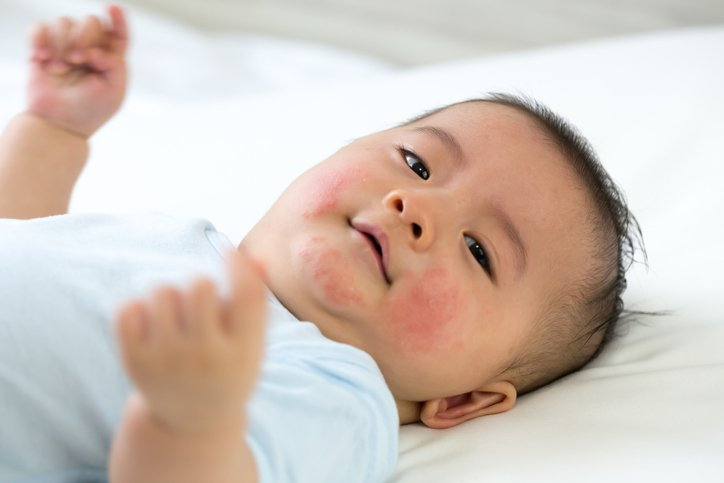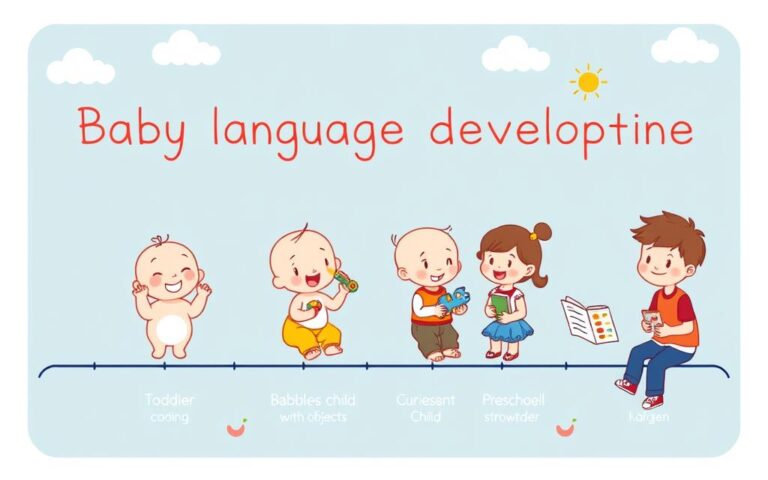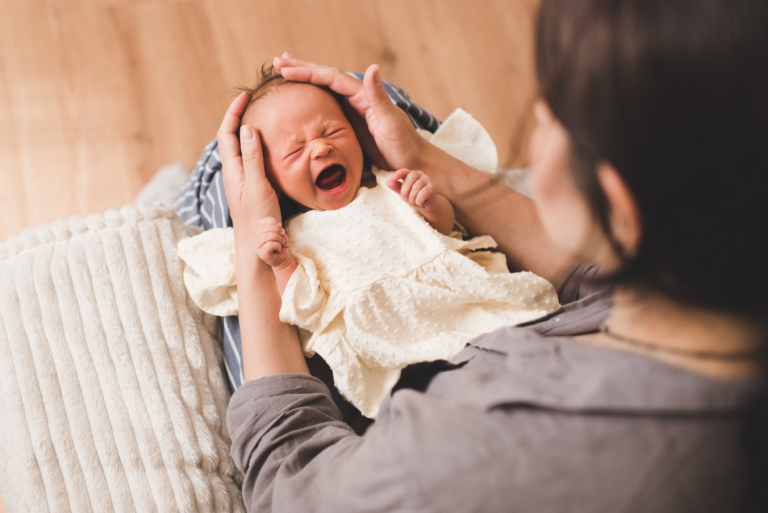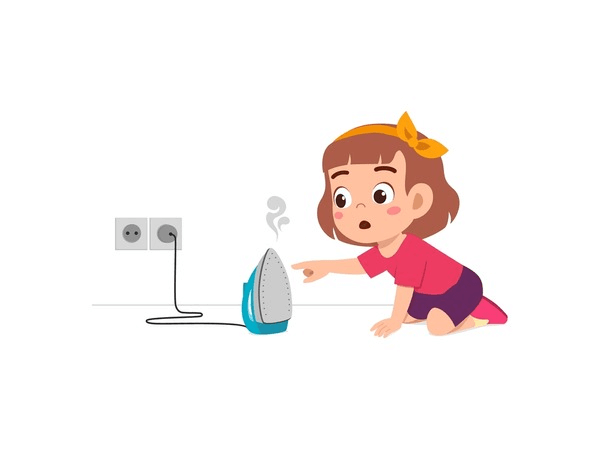What causes baby acne?

Understanding Baby Acne: Causes, Treatment, and Prevention
Baby acne, though often overlooked, can be a source of concern for many parents. Contrary to popular belief, acne is not exclusive to teenagers and can affect infants as well. Here’s an in-depth exploration of what causes baby acne and practical tips for caring for your baby’s sensitive skin.
What Triggers Baby Acne?
While the appearance of acne on a baby’s delicate skin may be surprising, it’s relatively common. Baby acne closely resembles teenage acne but lacks blackheads. It typically manifests on areas such as the cheeks, eyelids, nose, and occasionally spreads to other parts of the body. Around 20% of infants experience baby acne, with onset usually occurring within the first few weeks post-birth.
Understanding Baby Acne Development
Baby acne can be present at birth, but it more commonly emerges a couple of weeks after delivery. In rare cases, acne may appear after six weeks, termed infantile acne. Infantile acne, though less prevalent, typically resolves on its own within six months to a year.
Related: Is It Normal For My Baby To Cry All The Time?
What Causes Baby Acne?
Despite ongoing research, the precise cause of baby acne remains elusive. Experts speculate that it could stem from an inflammatory response to common skin yeast or hormonal fluctuations transmitted from the mother during pregnancy. Additionally, certain medications, both maternal and infant, as well as reactions to skincare products, may contribute to the development of baby acne.
How to Manage Baby Acne
While baby acne typically resolves spontaneously within a few weeks, proactive measures can aid in its treatment and prevention:
Dos:
- Patience: Remember, baby acne doesn’t discomfort your little one, so try to remain patient and avoid unnecessary worry.
- Gentle Cleansing: Wash your baby’s face with mild soap and warm water once daily, ensuring gentle patting to dry.
- Spit-Up Care: Gently wipe off spit-up and saliva from your baby’s face to prevent skin irritation.
- Breast Milk Application: Some mothers report success in treating baby acne with breast milk, believed to possess antibacterial and anti-inflammatory properties.
- Unscented Products: Opt for unscented bathing products, lotions, and laundry detergent to minimize skin irritation.
- Soft Fabrics: Dress your baby in soft, breathable fabrics to reduce friction and prevent skin irritation.
Don’ts:
- Avoid Scrubbing: Refrain from scrubbing your baby’s skin, as excessive washing can exacerbate irritation.
- Over-the-Counter Medications: Steer clear of over-the-counter acne medications without consulting a healthcare provider.
- Oily Lotions: Avoid using oily lotions, as they can worsen acne. Instead, opt for non-oily creams and monitor their effect on your baby’s skin.
- Squeezing: Resist the urge to pinch or squeeze the acne, as it may lead to infection or further irritation.
When to Seek Medical Advice
While baby acne is generally benign, consult a healthcare provider if:
- The acne persists beyond several months.
- It becomes pus-filled, inflamed, or develops blackheads.
- Your baby develops acne after six weeks of age.
- You suspect an underlying skin infection or other dermatological condition.
Other Baby Skin Issues
If unsure about your baby’s skin condition, consider alternative possibilities such as heat rash, milia, eczema, erythema toxicum, or cradle cap. Understanding these conditions can facilitate accurate diagnosis and appropriate treatment.
By familiarizing yourself with baby acne and adopting proactive skincare measures, you can ensure your baby’s skin remains healthy and free from irritation.
Related: Unlocking The Mystery Of The Baby Witching Hour: What You Need To Know






